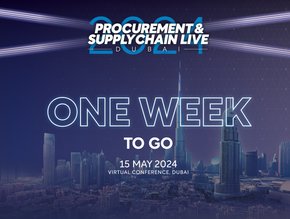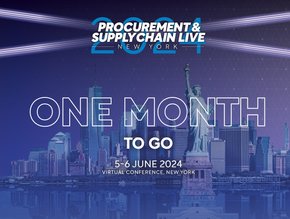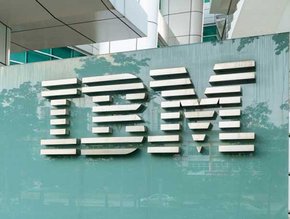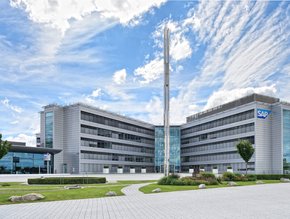Nestle Sourcing: Reducing Emissions Across its Value Chain
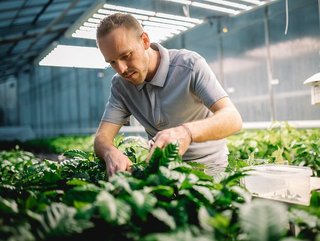
Nestle’s sustainability and responsible sourcing strategies are supporting cuts to its emissions across its whole value chain. The company has reported a net reduction of 13.5% of its greenhouse gas (GHG) emissions versus its 2018 baseline.
As it follows a net-zero target the company moved past peak carbon in 2019 and has successfully decoupled its growth from emissions. Nestlé is on track to reach a 20% reduction of GHG emissions by 2025.
It is also reporting a successful increase in renewable energy procurement, as of the end of 2023, 91.9% of the electricity in its global manufacturing sites was from renewable sources, with a goal to reach 100%.
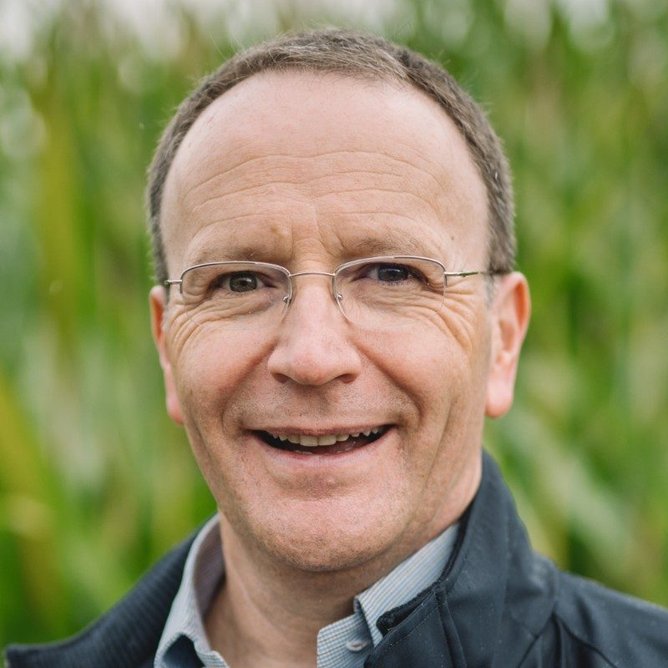
Nestle's key priorities
"Unprecedented inflation over the last two years has increased pressure on many consumers and impacted demand for food and beverage products. In this challenging context, we delivered strong organic growth and solid margin improvement with increased marketing and other growth investments. Our free cash flow generation returned to historical levels,” said Mark Schneider, Nestlé CEO.
“Looking to 2024, we are prioritising volume- and mix-led growth with increased brand support, as we enhance value for consumers through active innovation and renovation, premiumization, affordability and more nutritious options. We will continue to focus capital allocation on our fast-growing billionaire brands, which enables us to deliver dependable growth while enhancing brand loyalty.”
“To drive market share gains, our key priorities are delighting consumers through differentiated offerings and focusing on superior execution. We are confident that we have the right strategy, portfolio and capabilities to deliver on our 2025 targets."
Responsible sourcing at Nestle
Nestle’s commitment is to source ingredients that are traceable and which have been produced using methods that foster practices detailed in its Responsible Sourcing Standard.
The programme is delivering improvements across its sourcing ecosystem, with progress across different areas of procurement.
- 36.2% of its key ingredients were responsibly sourced
- It sourced 15.2% of key ingredients from farmers adopting regenerative agricultural practices, in line with its target of 20% by 2025 and 50% by 2030.
- The company completed the test-at-scale phase within the timeline, comprising 10000 cocoa-farming families in the Nestlé Cocoa Plan income accelerator program which aims to improve the livelihoods of cocoa-farming families.
“We are very pleased with progress, especially in starting to transform the way cocoa is farmed, with professional groups now pruning to a high standard. Gender empowerment is key to the program, and it’s great to learn about the impact of women’s decision-making in many households,” says Darrell High Head of the Nestlé Cocoa Plan.
Read more about inventory optimisation at Nestle.
Make sure you check out the latest edition of Procurement Magazine and also sign up to our global conference series - Procurement & Supply Chain LIVE 2024
**************
Procurement Magazine is a BizClik brand
- Sustainable Procurement Pledge: Shaping Global CollaborationSustainability
- Pfizer among new champions of Sustainable Procurement PledgeSustainable Sourcing
- Sainsbury's: Reducing Emissions Across its Value ChainSustainability
- How Toshiba is Helping its Suppliers Go Carbon NeutralSustainability

